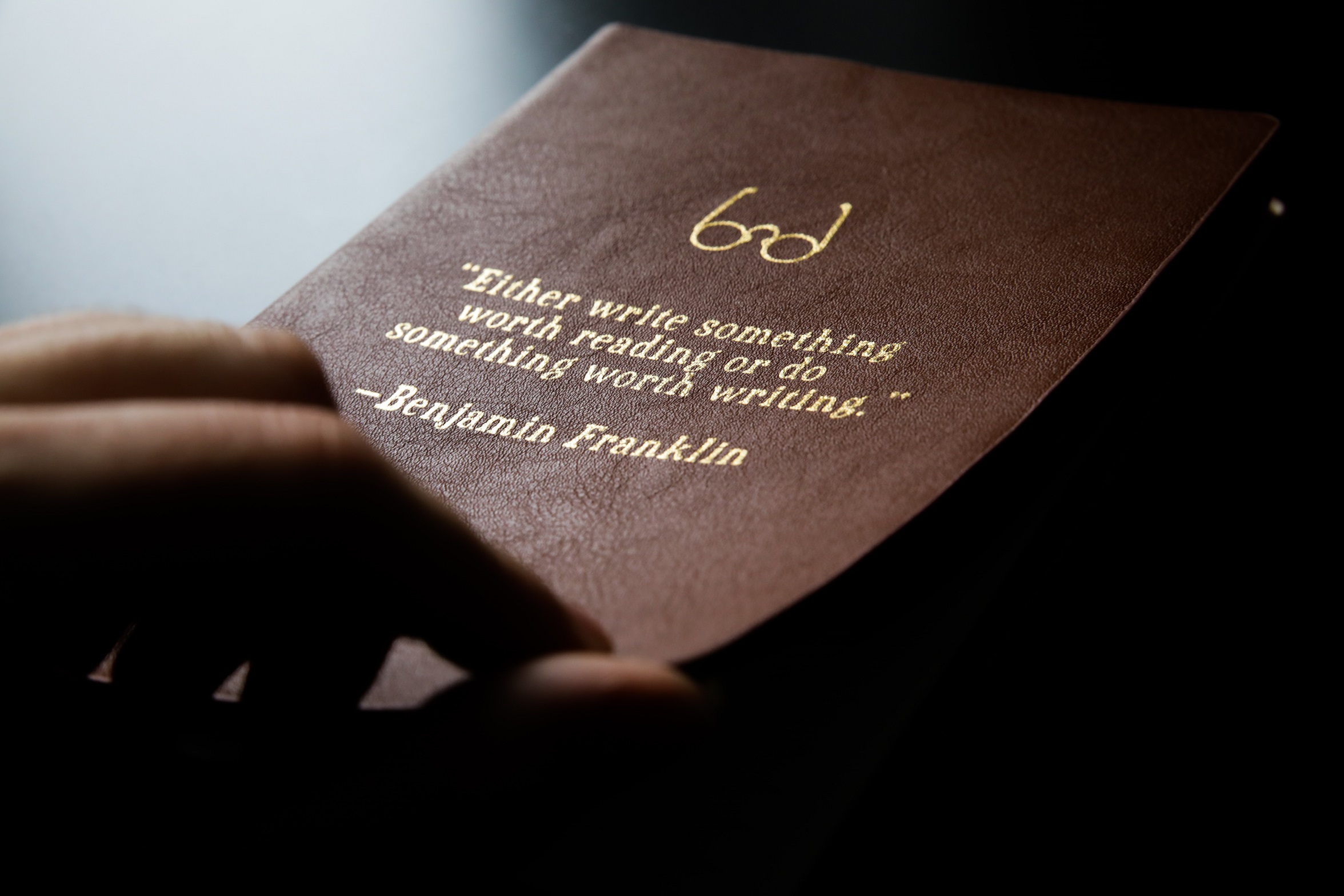Hello to all who have decided to follow along as I post for 21 days straight as part of our church fast. As you can see, each entry is numbered as a particular day, so if you are reading this and the title above doesn’t say Day 1, then you should stop now and go read from Day 1, or take a peek at Day 2 and pick a topic you are interested in. Thanks for being brave enough to join me.
If you read the title, you’ll know that today’s topic is, as I mentioned at the end of Day 6’s article, definitely something we all experience from time to time – disappointment. It is as certain as the sign in the picture above.
Other people will disappoint us. That is frustrating. We will disappoint ourselves. That is even more frustrating. At least in the former instance, we had no real control over what the other person did, but we had complete control over what we did, so disappointing ourselves almost always is the more frustrating and infuriating feeling.
What do we do to disappoint ourselves? I can only really speak for myself, so here are some of my most disappointing actions, or inactions (mostly inactions).
- Getting frustrated too easily with other drivers while driving. I truly over-react to other people’s driving. My family can attest. I’m always disappointed with both the other drivers’ actions or inactions, and my negative reaction.
- Not posting regularly to my blog sites (this one and my other one). I am hoping to stop disappointing myself at the conclusion of this 21-day fast.
- Not saying the right thing in my daily conversations. or not saying anything at all, thereby allowing the inclinations of others to dictate what divergent path our conversation takes.
- Not immediately following the gentle nudge of the Holy Spirit in my daily conversations and actions.
- Not finishing a book…a HUGE, continuous disappointment.
- Not “taking care of business” in relation to all the things that need done in our (still new to us) house.
It’s a short list, but chock full of typical ways I disappoint myself. You may relate to some of these examples, you may not. The best that I can do is get up the next day, promise myself I’ll do better, and move on.
But what does scripture say about disappointment?
There are a number of verses, particularly in Proverbs where the righteous are NOT disappointed, but the wicked are (10:28 and 11:23 in particular). Job also has some references to this same idea (11:20 and 20:18), but these are very situational.
Jeremiah ran into disappointment with his people over their sin (Jeremiah 8:15)
However…
In Psalms we see where there is assurance and declaration that God will not disappoint us (62:5) and in the New Testament, Peter tells us to cast all our anxiety on Him because He cares for us (1 Peter 5:7) and we will not be disappointed by Him. In Romans we see the declaration that God works for the good of those who love him (8:28), so it is inferred that we should not expect to be disappointed.
But we might be…and bear with me on this point as I believe it is very important. For us humans, down here in the Lower Story, circumstances may occur which do not seem favorable to us (and very well may not be, by all practical measure) and we will want to be disappointed that God did not do for us what we believe he promised. But our definition of “good for us” and God’s definition of “good for us” tend to be very different things.
We have to keep that difference in mind as we move through this life. Yes, others will disappoint us, we will disappoint ourselves, but God will never disappoint us as long as we understand that his plans for us are better than our plans for us.
We’ll dive deeper into this idea two days from now, on Day 13. Tomorrow’s post will provide some insight into my writing process and style, but will unlikely be tied to an obvious spiritual point, but we’ll see.
Thank you for reading to the end! If you have missed any of these posts, you can simply walk back through the previous posts, but I suggest you start at Day 1, or whichever one you missed, and read them in chronological order, or some things may not make a lot of sense, or may seem out of place.
Photo Credit – Photo by Oscar Sutton on Unsplash





